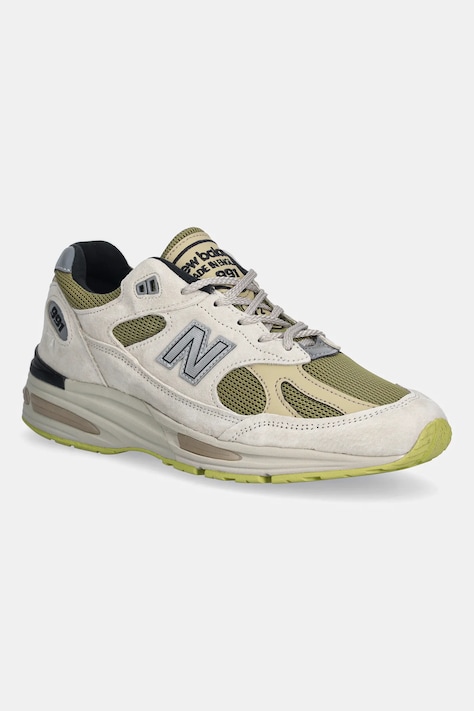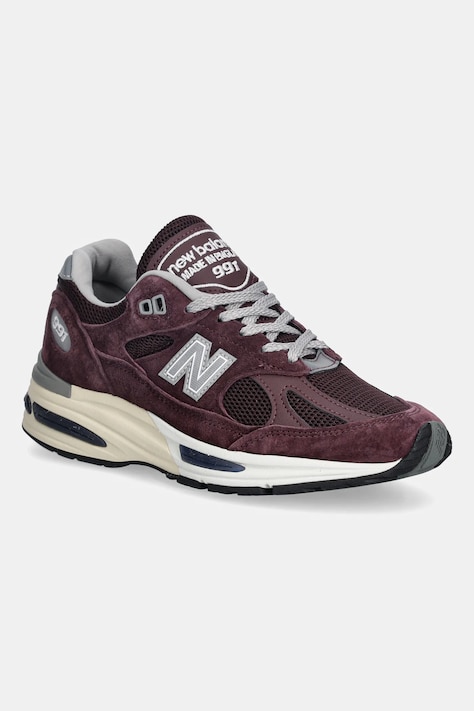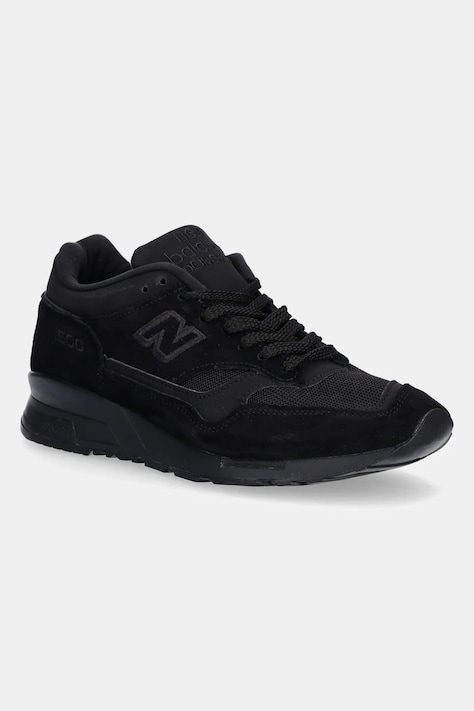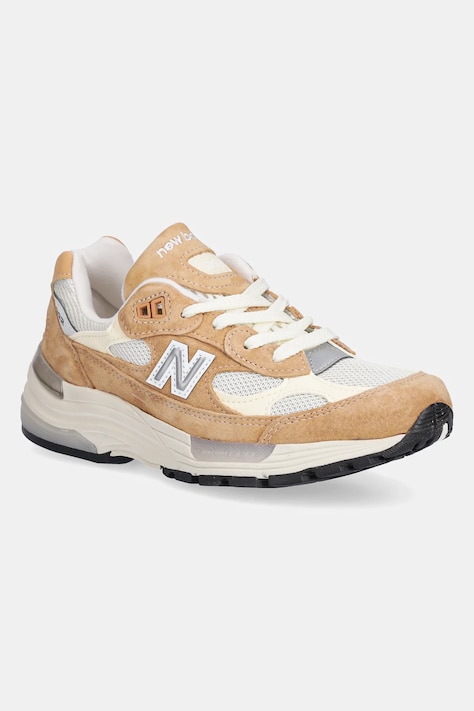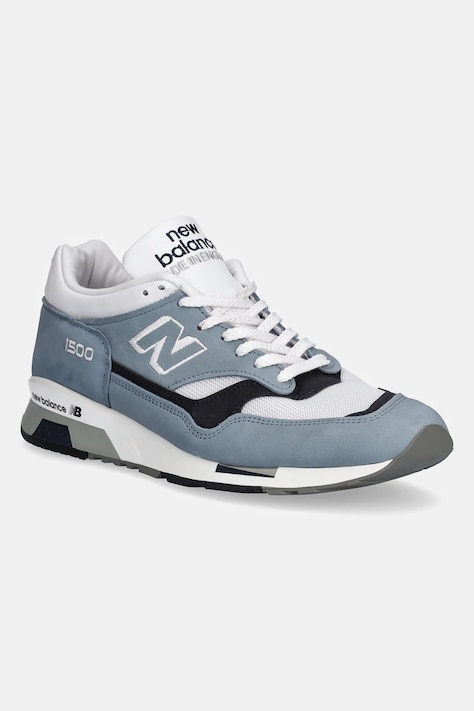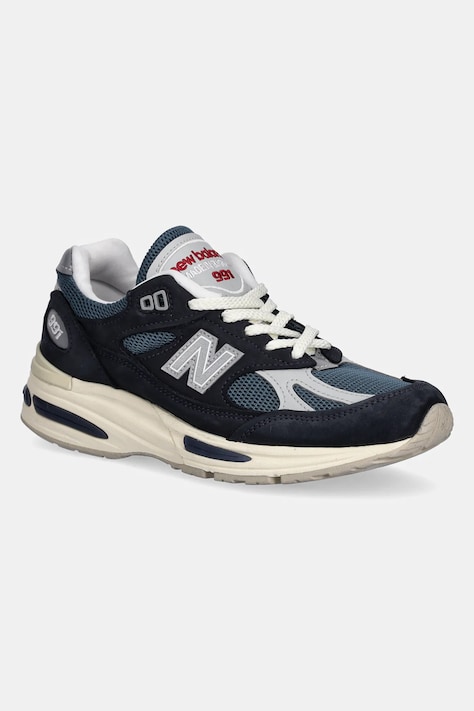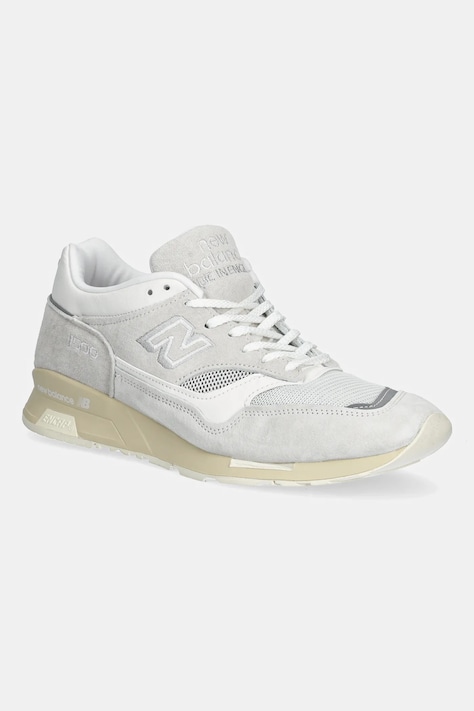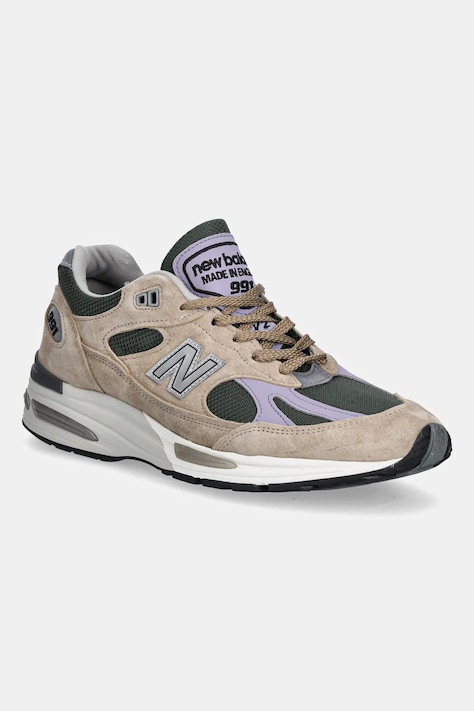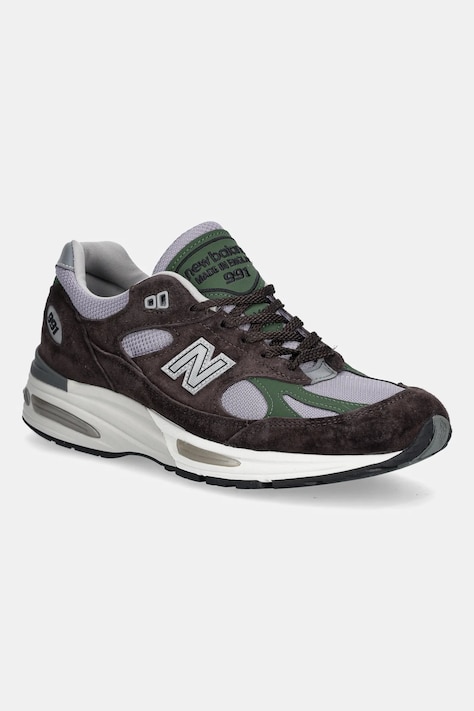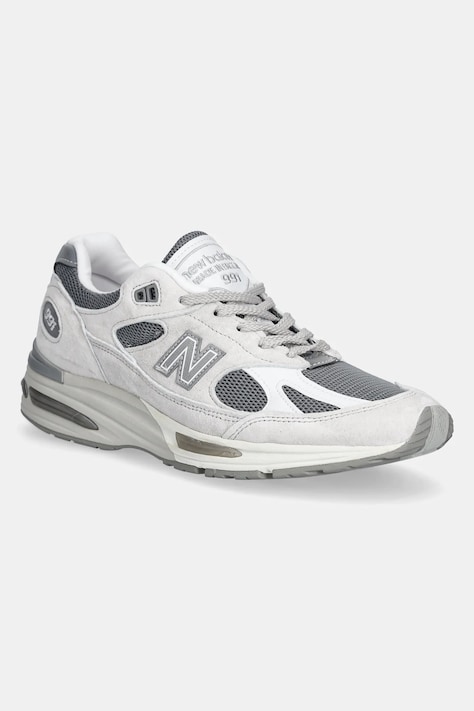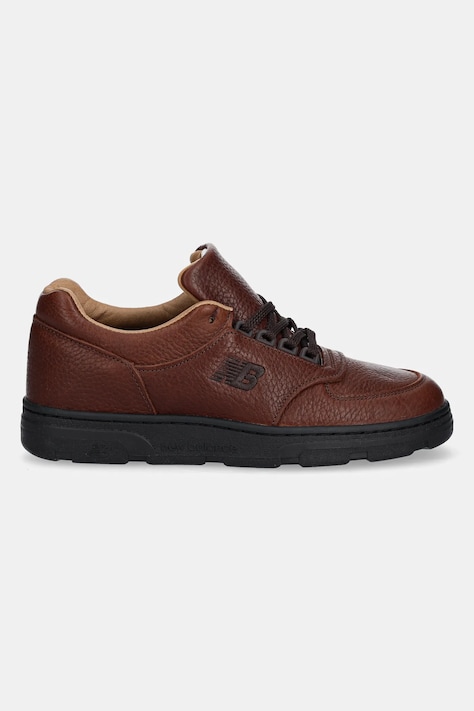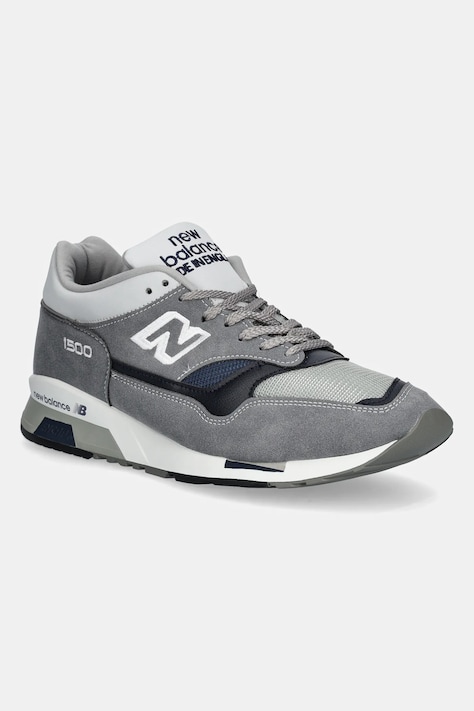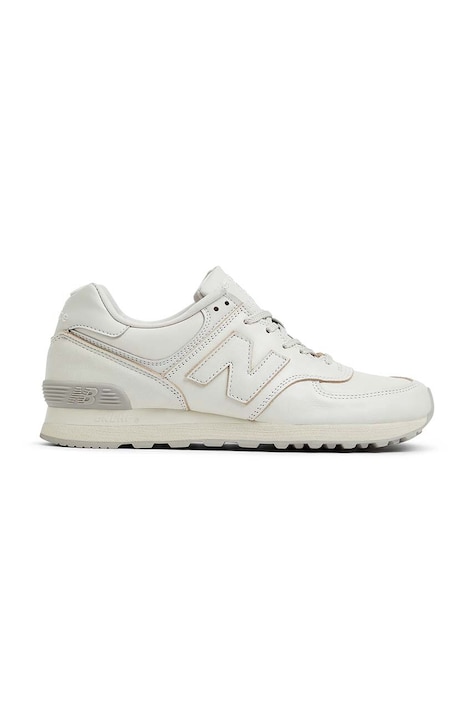New Balance Made in UK
Number of products: 37The Significance of "Made in UK" in Footwear Production
The "New Balance Made in UK" series is synonymous with craftsmanship, heritage, and high-quality production in the footwear industry. In a world dominated by mass production and automation, the Made in UK label signifies a return to meticulous craftsmanship and limited production runs, which enhances the overall quality of the sneakers. For New Balance, this distinction goes beyond marketing; it represents a commitment to excellence and a dedication to supporting local manufacturing.
The "Made in UK" collection has carved a niche in the sneaker market for those who value premium materials and artisanal craftsmanship. It offers a unique appeal that makes it stand out from other mass-produced footwear, much like its New Balance Made in USA counterpart.
The Heritage of New Balance's Flimby Factory
The heritage of New Balance's Flimby Factory in Cumbria, England, is rich in tradition and craftsmanship. Established in 1982, the Flimby factory is the backbone of the New Balance Made in UK series. Unlike many brands that have moved production overseas for cheaper labor, New Balance has kept its Flimby facility at the heart of its premium sneaker production, supporting British craftsmanship and local employment.
Each pair of sneakers that comes out of Flimby is a testament to skilled shoemaking, combining traditional techniques with modern innovation. The factory's employees have years of experience, and their dedication to quality control ensures every pair meets the high standards expected from the Made in UK label. It symbolizes New Balance’s dedication to keeping traditional shoemaking alive in a rapidly changing industry, offering products deeply rooted in history.
Featured Models: An In-Depth Look at the 991, 920, and 1500
Three of the standout models produced at Flimby are the New Balance 991, 920, and 1500. The New Balance 991 is perhaps the most iconic, known for its premium leather and mesh construction and celebrated for its cushioning, making it a popular choice for both comfort and style. This model also received a lot of attention when it became one of the favorite New Balance sneakers for men and women alike, especially in the 2000s.
The New Balance 920 is a more recent addition to the Made in UK lineup, combining elements of classic and modern design. It features a mix of suede, mesh, and premium leather, delivering a contemporary aesthetic without losing the brand’s heritage look. Its lightweight ENCAP midsole technology provides enhanced stability, making it a perfect choice for those who want both comfort and a modern silhouette.
The New Balance 1500 is another Flimby favorite. Known for its sleek design and sporty profile, it’s favored by those who seek a slimmer, more performance-oriented sneaker. This model is crafted with high-quality suede and mesh, providing breathability and comfort, and it remains one of the top picks for New Balance sneakers for women who prefer a retro style that pairs well with various outfits.
Quality and Cultural Significance of British Manufacturing
The quality of New Balance Made in UK sneakers stems from the dedication to high standards at the Flimby Factory. British manufacturing has a long-standing reputation for reliability and craftsmanship, and New Balance has harnessed this tradition to create footwear that represents both quality and cultural heritage. The use of premium materials, such as luxurious suede, durable mesh, and the advanced ENCAP midsole technology, makes each pair feel unique, comfortable, and highly durable.
Each model embodies elements of British heritage, including colorways inspired by the surrounding landscapes of Cumbria. The factory’s connection to the local community also fosters a sense of pride, where each worker contributes to the continuation of a tradition that blends British craftsmanship with global appeal. This commitment to maintaining production in the UK aligns New Balance with values that resonate deeply with consumers—authenticity, sustainability, and a human touch in manufacturing.


